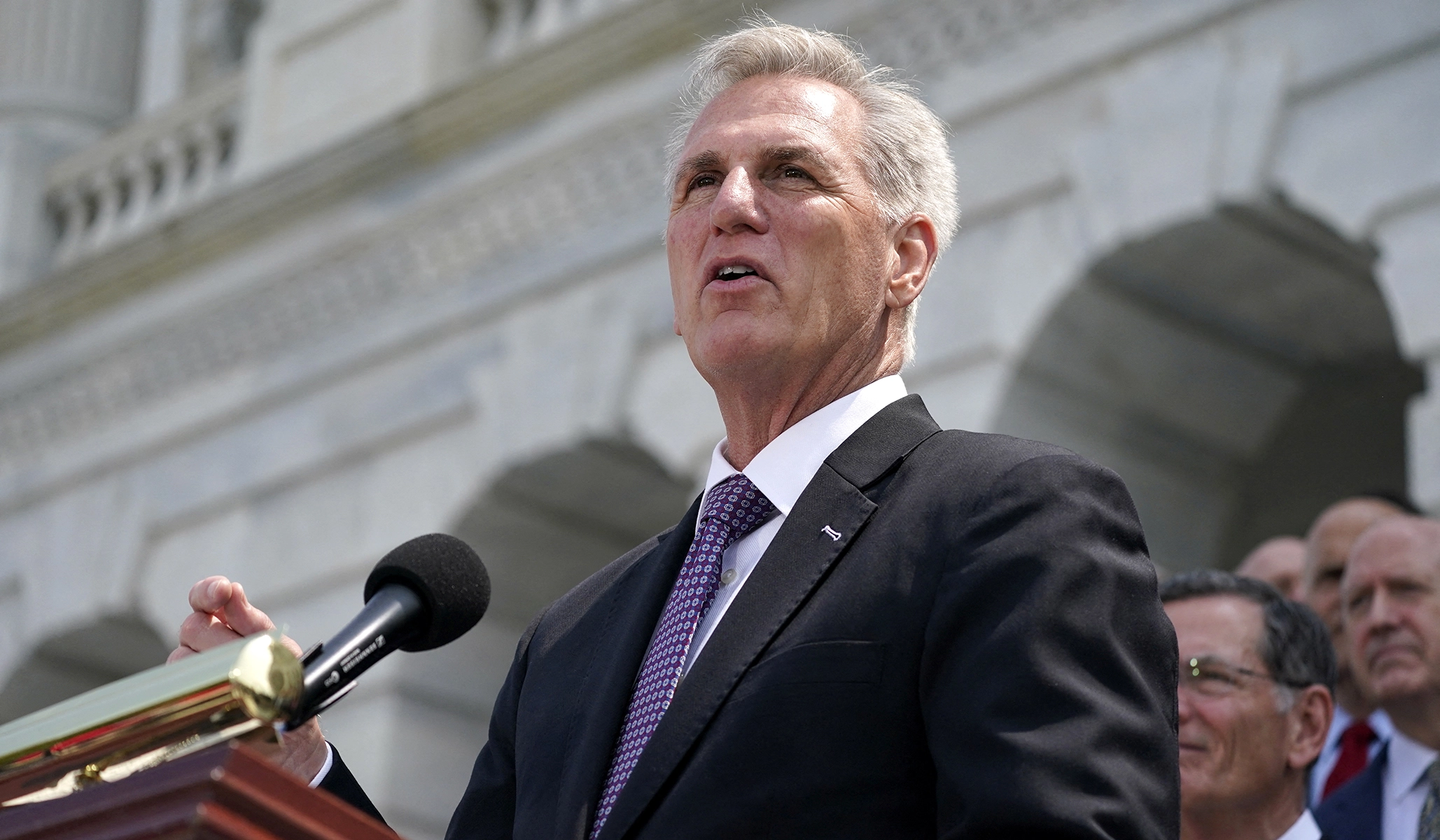Last Tuesday, something noteworthy occurred in the House of Representatives: for the first time in 21 years, a rule was voted down on the House floor. Eleven Republican members voted with Democrats to sink the rule, rather than voting with their own majority party, as has been nearly automatic on rule votes in recent years. The “rule” in this context means a tailored set of instructions dictating which legislation is eligible for formal consideration and what kinds of debate will be permissible. Such rules, which are the principal work of the Rules Committee, structure the agenda in the House, especially for politically contested bills. Leaders of both parties have drummed into their rank-and-file members a clear sense that a failure to pass a rule is tantamount to forfeiting the advantages of holding the majority. They assume there will be no surprises on these votes, with dissenters expected to bring forward any concerns well before a rule comes to a vote on the floor.
Ironically, the defecting Republicans did not actually dislike the rule that they defeated — they liked the substance of the bills being brought up and they liked the terms of debate set out by the rule. Indeed, two of them, Representatives Ralph Norman (R., S.C.) and Chip Roy (R., Texas), had previously voted in favor of the rule in committee. But they nevertheless decided to sink the rule on the floor to register their displeasure with the recent debt-limit deal. Embarrassing their party’s leaders was their main objective. They have expressed a willingness to vote against all their party’s rules unless and until Speaker Kevin McCarthy (R., Calif.) satisfies their understanding of the terms of the deal they made with him in January in order finally to resolve the 15-round speakership battle.
Where does this internecine fight leave House Republicans? Is McCarthy effectively hobbled as the leader of his party’s narrow majority — and, if so, does he have other options for managing the chamber? Or should we expect these eleven members to somehow call the shots now?
Back in December 2022, when it had become clear that McCarthy’s path to the speakership would be a bumpy one, some predicted that even if the Californian won the job, he would not wield any real power. The far right’s shirt-layering Nostradamus, Steve Bannon, ventured that Representatives Matt Gaetz (R., Fla.) and Marjorie Taylor Greene (R., Ga.) would become “de facto” speakers, wielding power “in actuality” if not as a matter of formal position.
Media coverage of the speakership struggle gave many people the impression that Bannon was basically correct, if perhaps focused on the wrong agitators. McCarthy only secured the speakership by making a complicated deal with a group of 14 Republican members led by Roy. He agreed to put Roy, Norman, and Representative Thomas Massie (R., Ky.) on the crucial House Rules Committee. (Rules is the most unbalanced committee in terms of partisan membership; in its current configuration, the majority party gets nine seats and the minority party just four.) There were reports of other, less transparent commitments, as well; from the beginning, the conservative dissidents were very worried about the possibility of McCarthy cutting deals with Democrats, and many speculated that McCarthy had essentially promised to give no quarter in this year’s fiscal debates. Importantly, the dissidents were also given an enforcement mechanism: Any single member would be empowered to make a motion to vacate the chair (MTV), which amounts to forcing a no-confidence vote on the speaker. Given McCarthy’s razor-thin margin in getting elected, this seemed to many observers to mean that McCarthy’s intraparty critics could blow up his speakership at will.
Well, McCarthy did indeed do a deal with the Democrats, and it became law notwithstanding the objections of Gaetz, Roy, and most of the other lawmakers who opposed his ascension in January. (Greene, it should be noted, supported both McCarthy’s election and the debt-limit deal.) The bill’s passage was not a close call; it had the support of more than two-thirds of Republicans and nearly four-fifths of Democrats.
The bill’s path through the House was not without some suspense, however. The rule bringing the bill to the floor squeaked through the Rules Committee on a narrow 7–6 vote, with Roy and Norman voting against. On the House floor, 29 GOP members opposed the rule, meaning that it would come nowhere close to passage on the strength of Republican votes alone. In a bit of high procedural drama, it was only after Democrats had made Republicans squirm that 52 members of the minority threw their support behind the rule, which ultimately passed 241–187.
This leaves us with an obvious question: Why were the deal’s opponents unable to stop it, given the concessions they had extracted from McCarthy back in January? During that fight, Roy had criticized a House run by “a handful of self-selected power brokers who make all the calls” and demanded the ability to “control the legislation that gets to the

